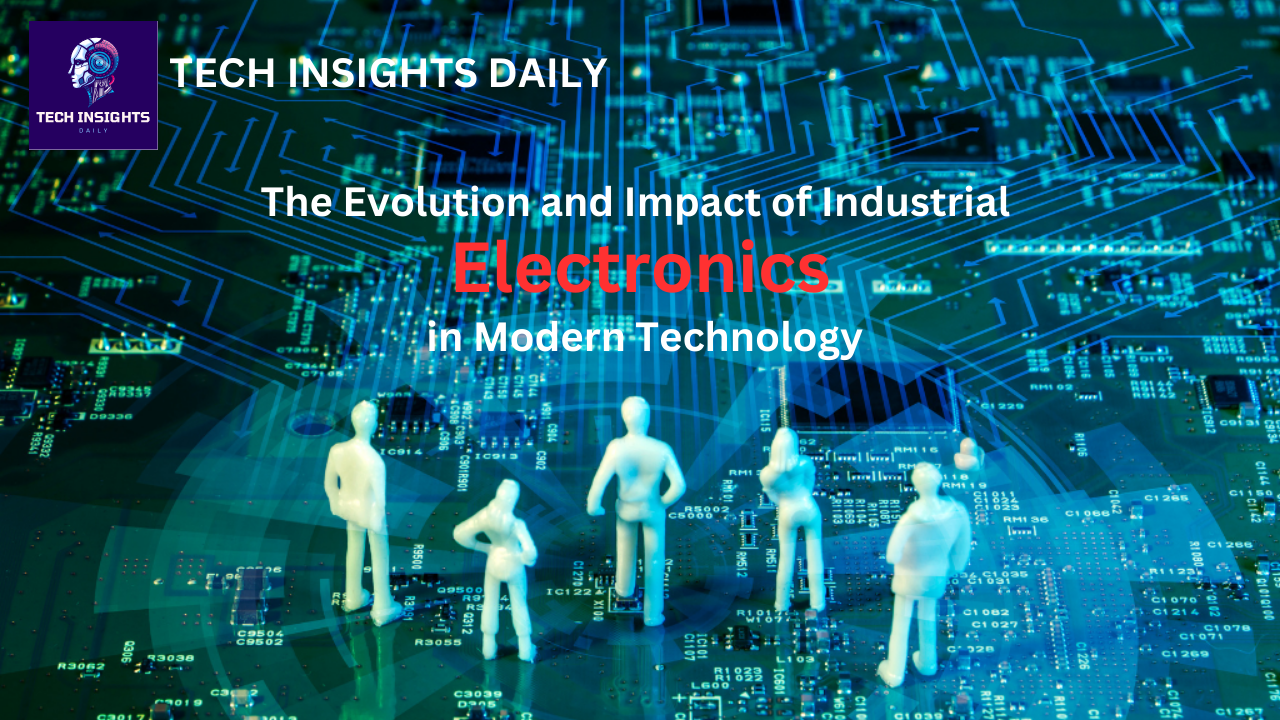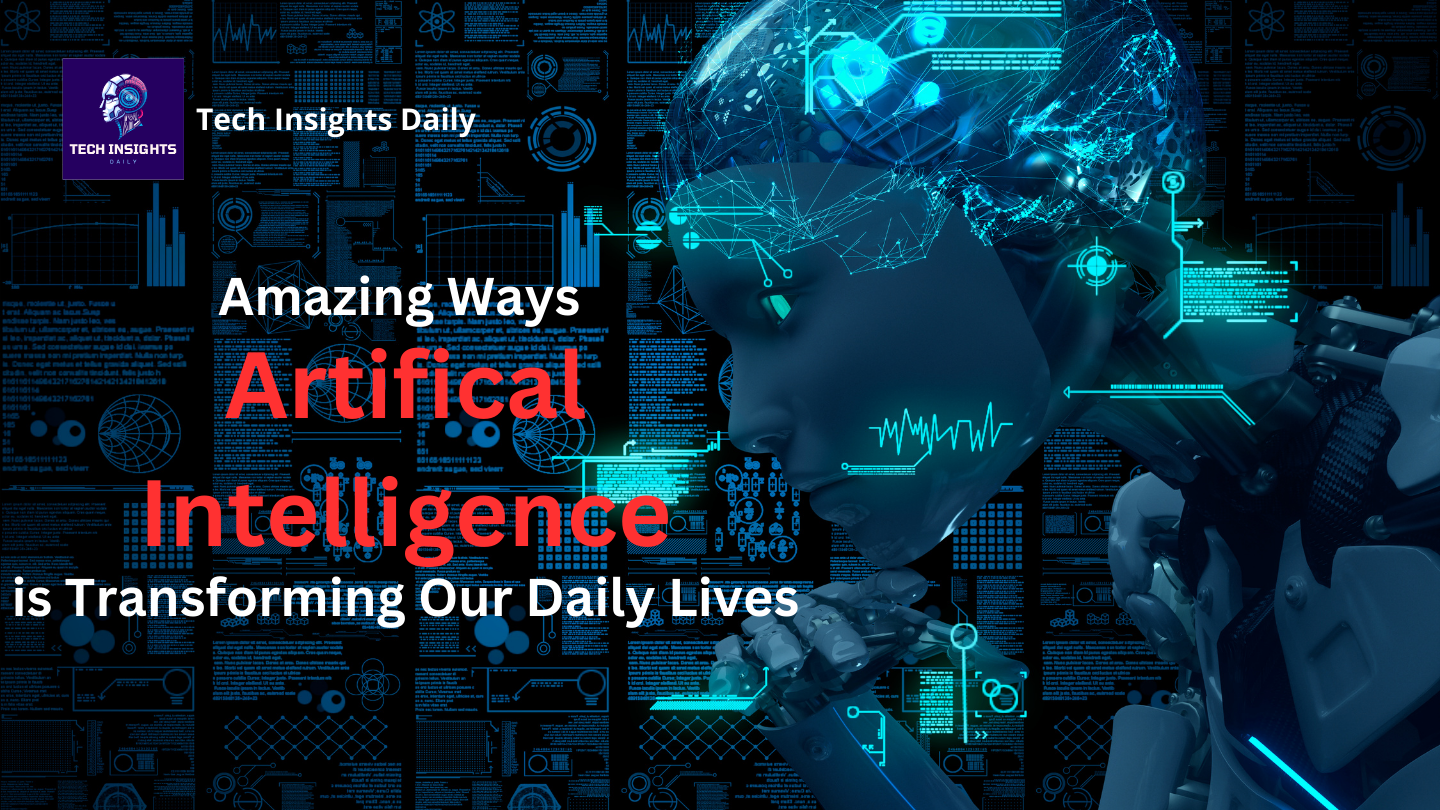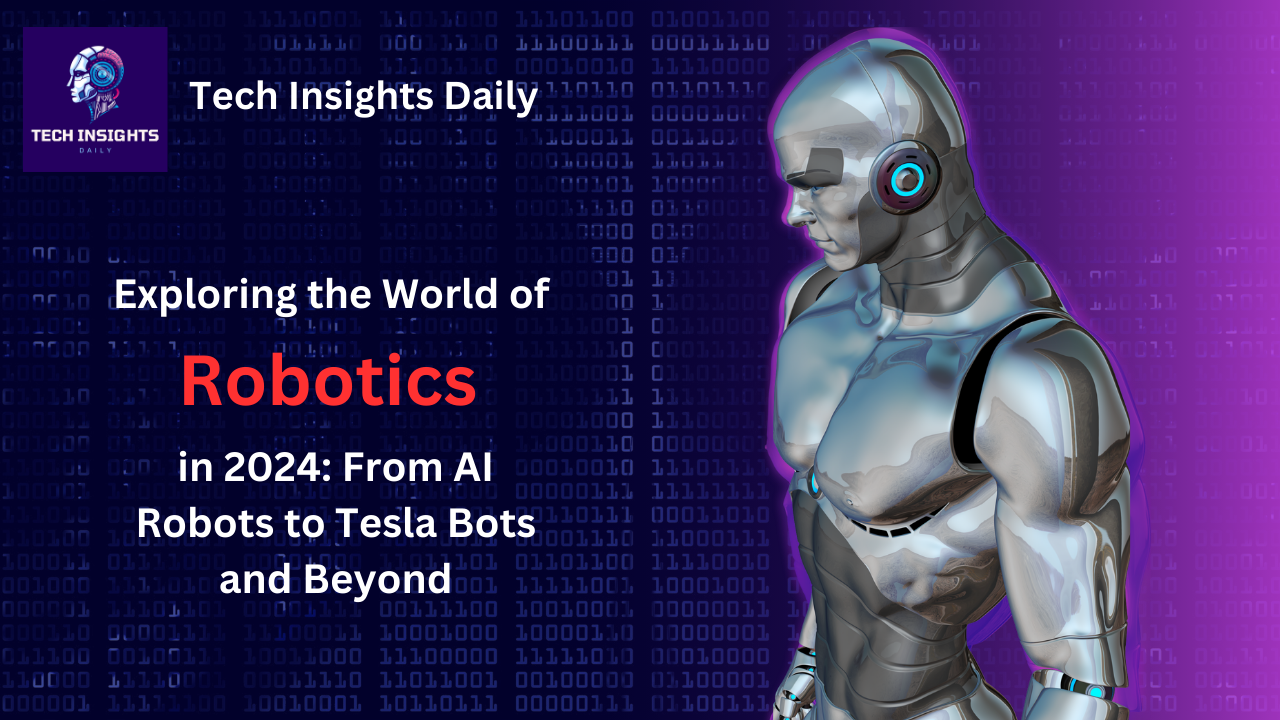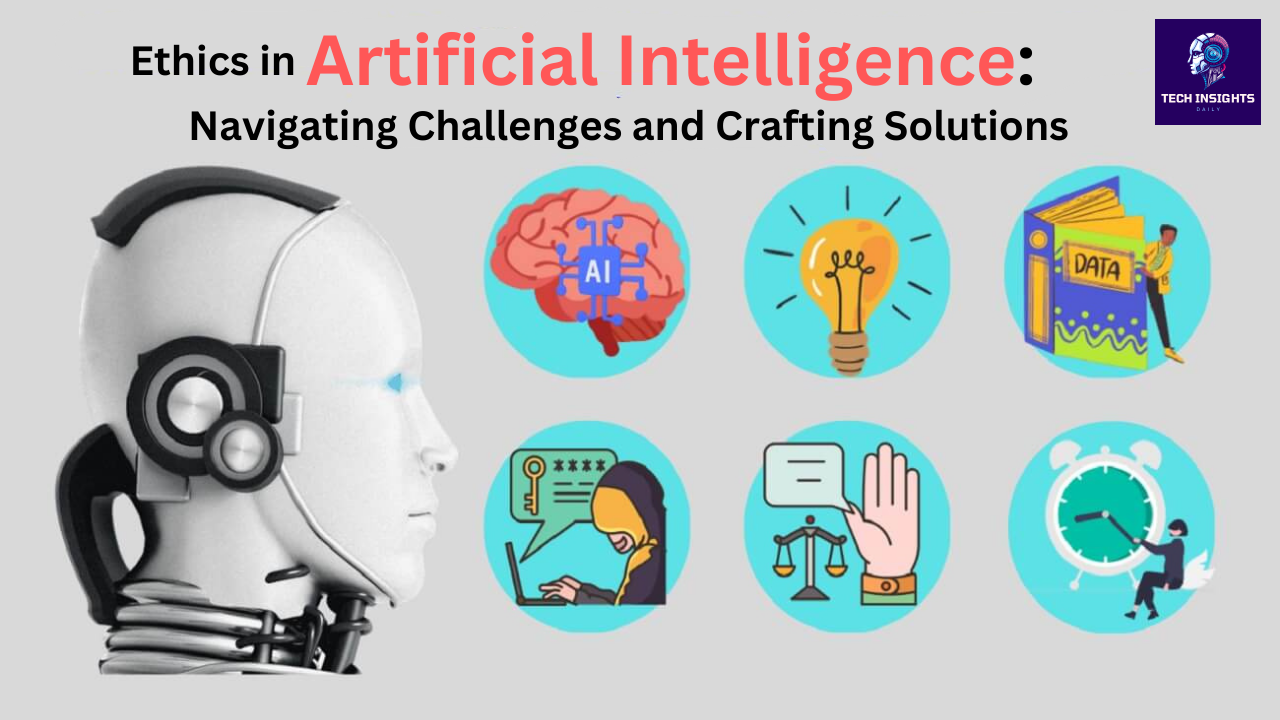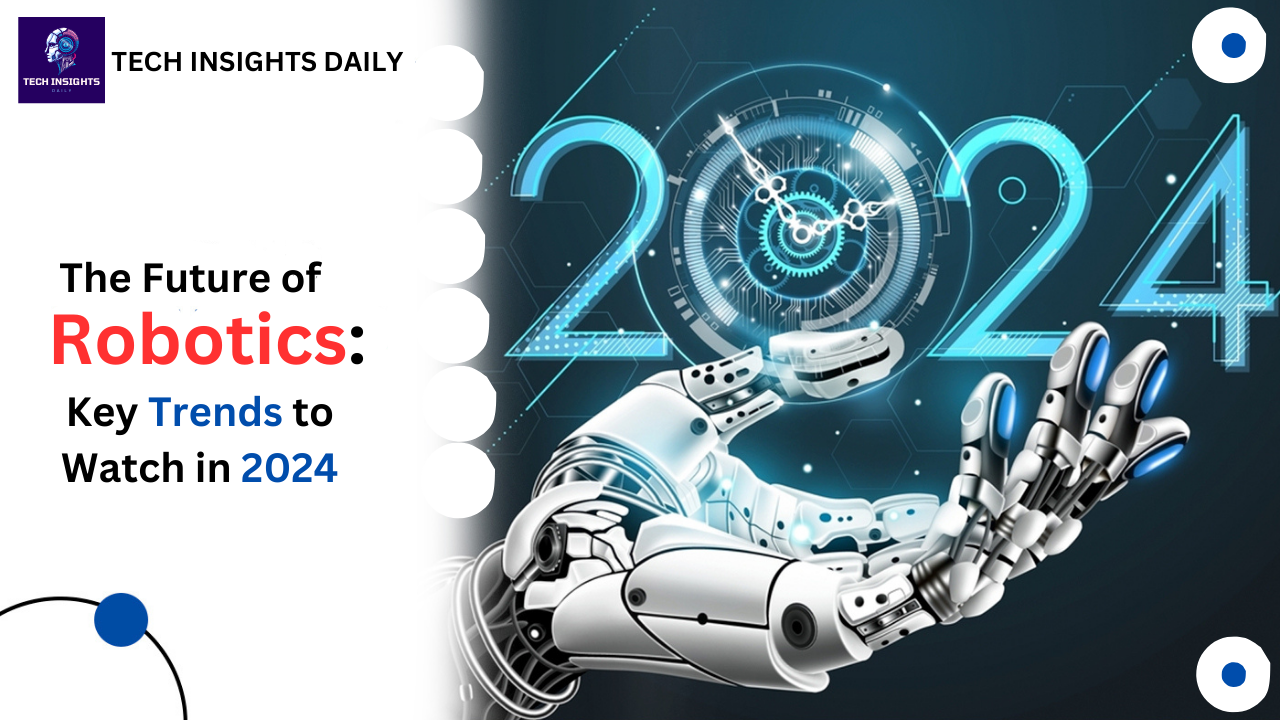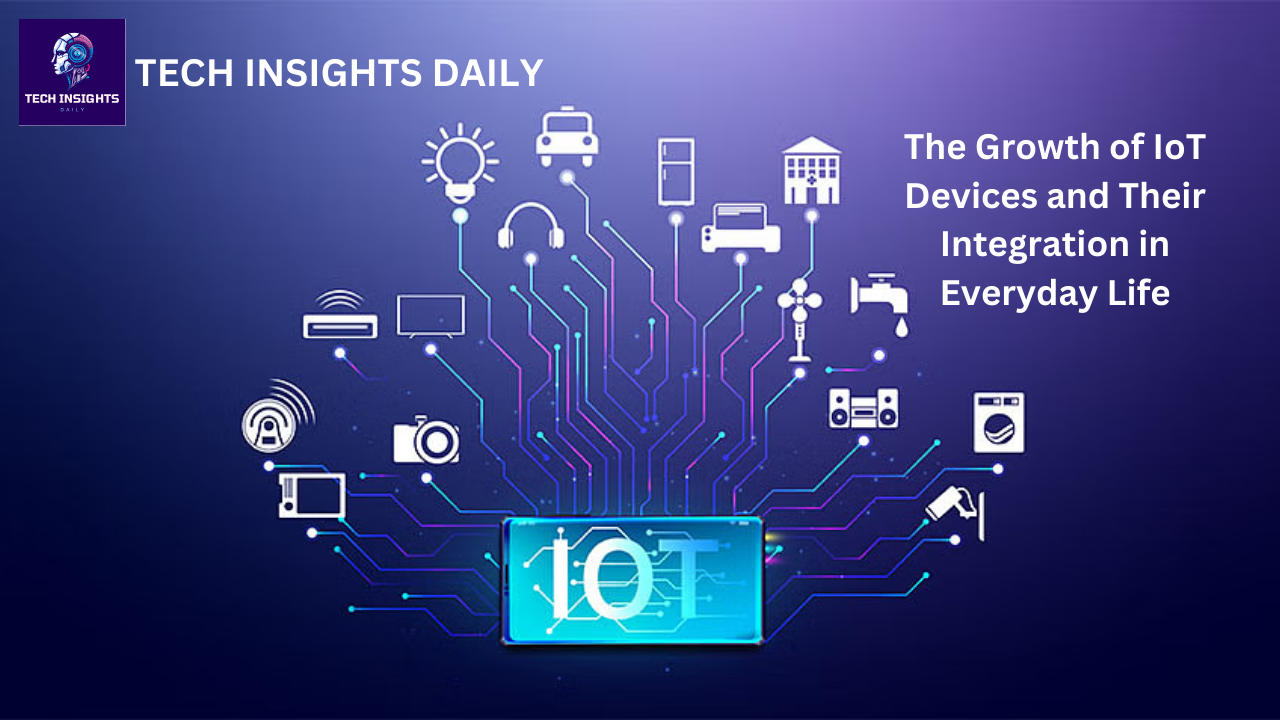Introduction
Industrial electronics is one of the specialties of electronics related to power switching, sensing, metering, controlling, communication, semiconductor, intelligent electronic device IEDs and nanotechnology devices. It is useful in increasing coherence as well as productivity in various industries including energy, transport, oil and gas, chemical, electronics, mining and agriculture.
Historical background
Industrial electronics has grown as a field; It has not been the same since its uncovering. At first, it was based on simple devices, such as drives, sensors and switches. In an crack to enhance power generation, transmission, distribution and utilization, complex power converting technologies, PLCs and robotics have also evolved along this line.
Key components and technologies
Power Electronic Switches: These are used to control as well as efficiently supply power. Due to their importance they are used in motor drives, power supply and renewable energy systems. Sensors and Actuators: Hence, sensors are devices that are used to measure changes in the habitat while actuators are devices that perform particular actions based on the sensor's measurements. Collectively, they form part of the foundation of an automation system. A construct that specify the mix of materials required in a building. Intelligent Electronic Devices (IEDs): IEDs stand for Intelligent Electronic Devices, which are microprocessor-based controllers that provide communication as well as control functionality to electrical systems. These technologies are heavily involved in smart greens and automated industries. Automation equipment: This includes programmable logic controllers (PLCs), human machine interfaces (HMIs) and supervisory control and data acquisition (SCADA) systems which are very important in most process industries.
Applications in various industries
Power sector: Industrial electronics plays a very central role in the generation, transmission and issuance of electrical power. Through this, renewable energy resources can be connected to electricity utilities and increase the efficiency of electricity networks. Transportation: Electrification and automation of vehicles including cars, trucks, trains, traffic signals and other transportation equipment are prime examples of industrial electronics transforming transportation systems. Manufacturing: Industrial electronics and automation and robotics are on the rise where almost all manufacturing plants are being automated thereby increasing productivity and reducing operational costs. Agriculture: In terms of resource use, advances in sensors and automation in techniques such as clarity farming are maximizing resource relant.
Advances and trends
IoT and Industry 4.0: The use of Internet of Things (IoT) along with industrial electronics is the main cause of the fourth industrial revolution also known as Industry 4.0. This trend is defined by smart manufacturing systems where devices are intelligent and capable of communicating and making decisions on their own. Energy storage systems: New battery technology is improving the solidity of renewable energy storage systems, thereby increasing the possibillity and feasibility of energy collect. Cyber-Physical Systems: These systems combine mechanics, electrical and computer engineering and communication engineering to create systems that facilitate online measurement and manipulation of processes in industries. Artificial Intelligence and Machine Learning: AI and Machine Learning (ML) have applications in efficient and slant operations in industry. predictive maintenance; and decision making.
Challenges and future directions
However, there are problems that swarm this field of industrial electronics, despite the benefits that have been identified. These are factors such as the need for semblance, addressing the issue of cyber security and the fact that adoption of high-tech equipment costs more. However, these challenges are being met by today's research and development enterprise, towards improved integrated and optimal industrialization.
The result
Industrial electronics is a very dynamic and rapidly growing field that is the core of today's technology. You will find its application in almost every field and it has been used to increase efficiency, productivity and ideas. With the passage of time, the concept of industrial electronics is very relevant and will continue to evolve with the development of new technologies in the industrial field.
